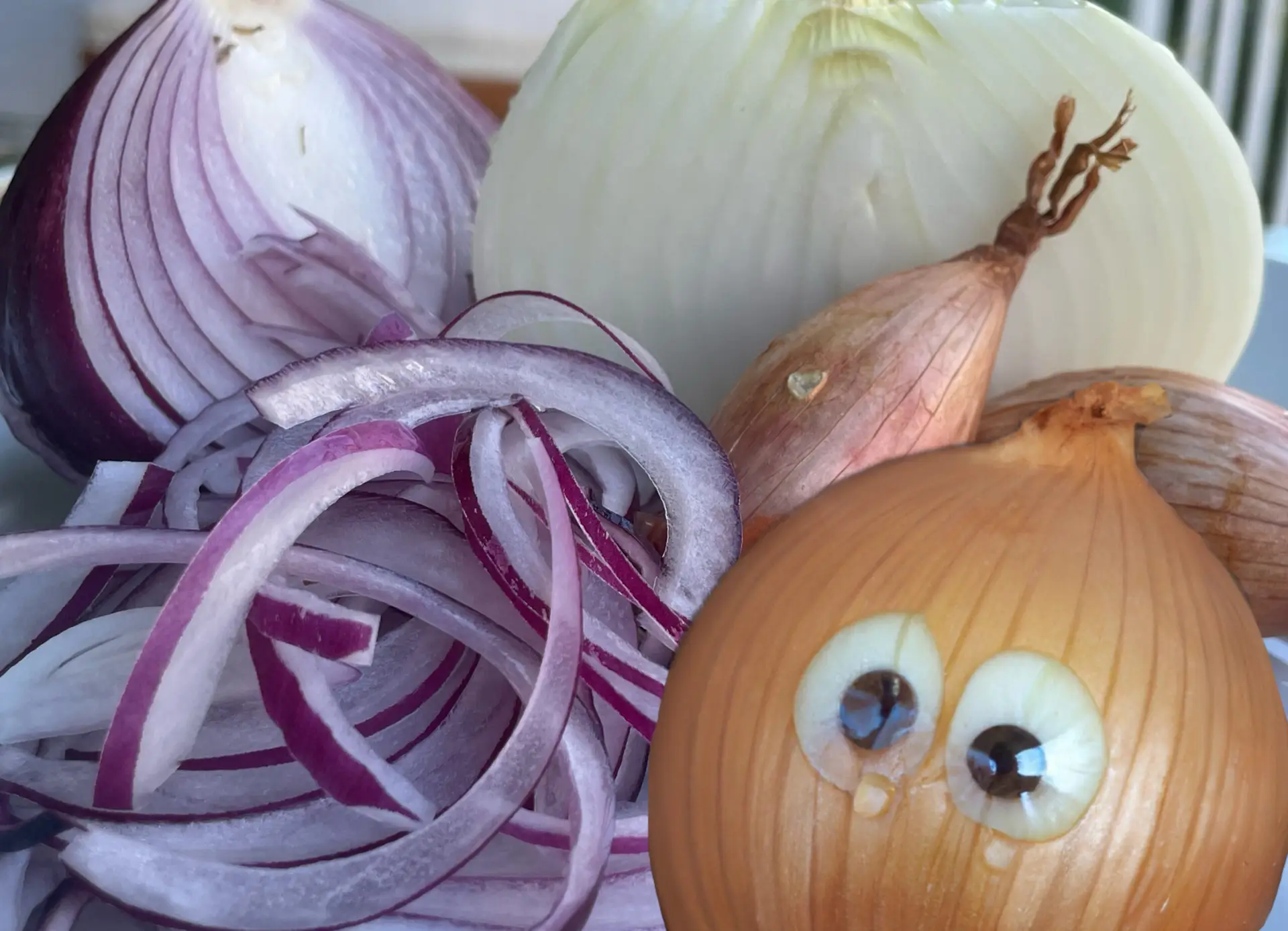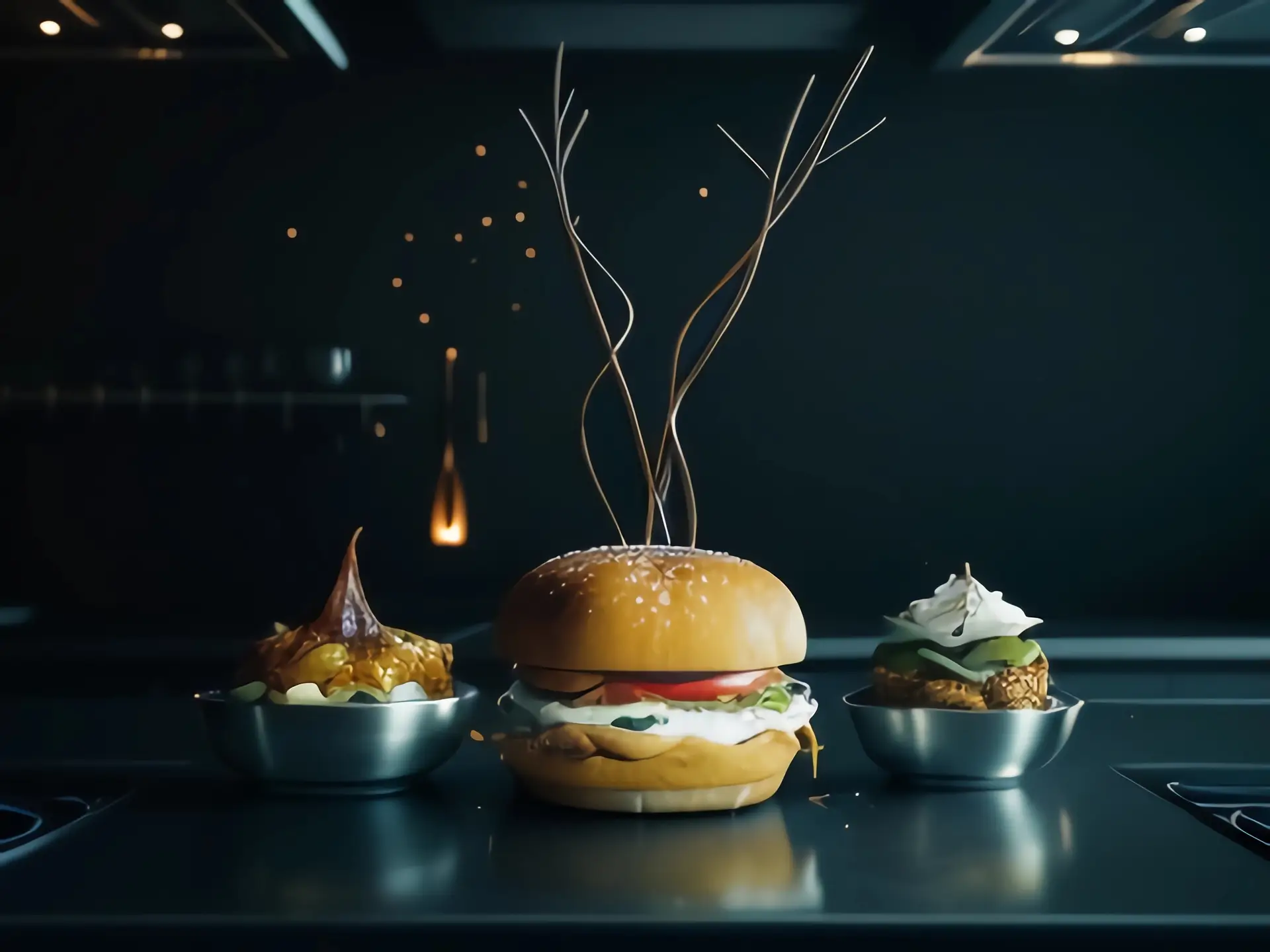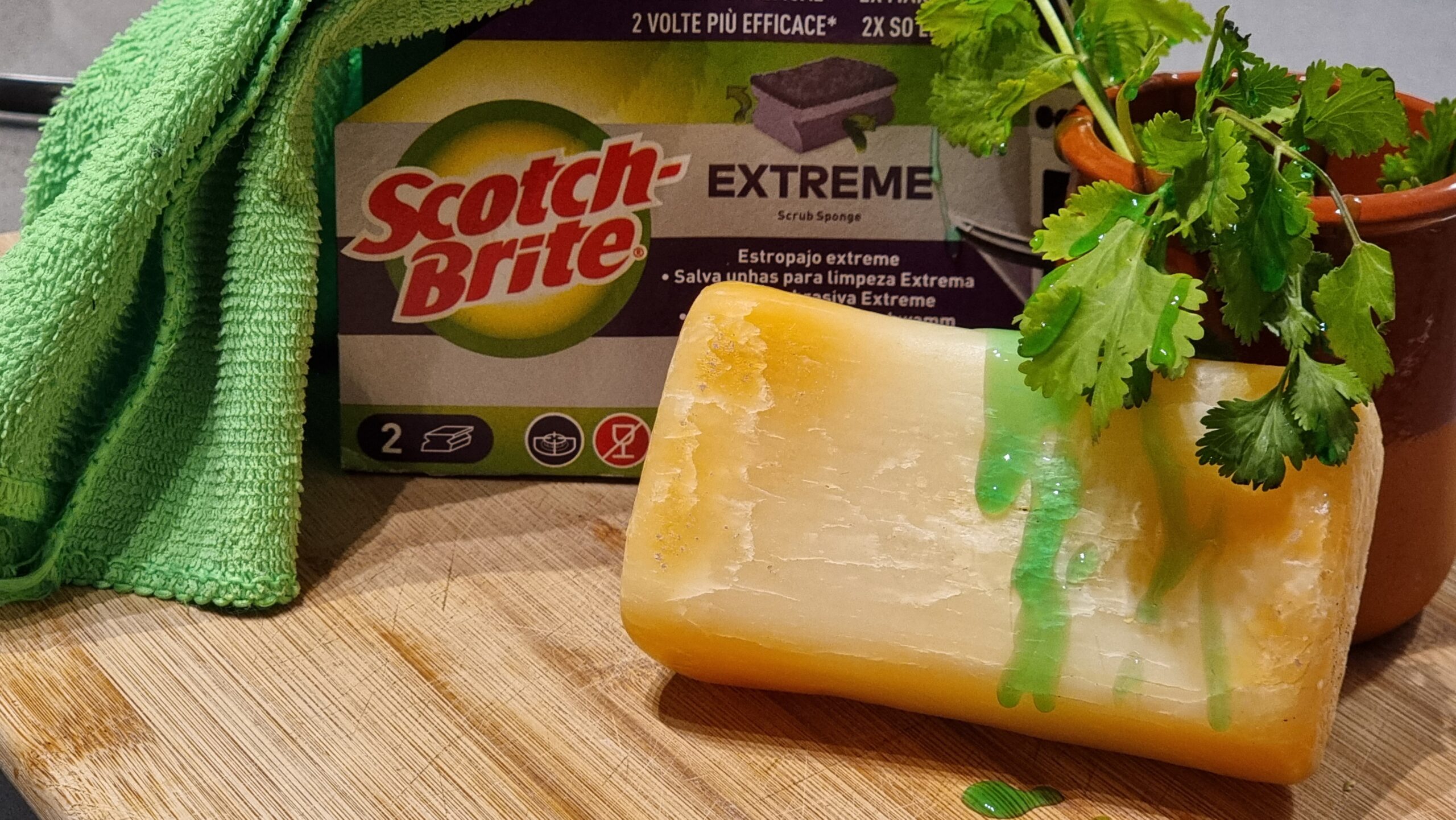Why consuming calories, a unit of heat, plump us up? Will eating cold help?
A calorie is a bigger concept than just heat, it’s an amount of energy. Energy is whatever makes things happen, it is in many forms like kinetic (moving cars), chemical (wood burning), electrical (battery), nuclear (nuclear bombs), gravitational (falling ball or us?), and the most common one, heat.
It’s not the heat that’s your enemy but the energy (more appropriately, excess energy), the amount that your body produces after metabolizing food. And if metabolizing a burger produces more than the energy that you used up to order it through your phone, walk to the door, and then back to the table, then the body stores the excess in form of fat, and fats are the concentrated storehouse of energy because they can give off a lot of heat when burned. But don’t jump to perorations yet, when an advertisement asks or tells you to burn calories, don’t go and start cooking yourself up with a blowtorch, as it turns out it’s not really a great apparatus for weight loss.
What is a calorie? Amount of energy. Since heat is the most common form of energy it is calculated in terms of heat. 1 calorie is the amount of heat required to raise the temperature of 1 kilogram of water by 1ºC, this is a calorie for chemists as opposed to nutritionists and dieticians, they use the word calorie for KILOCALORIE (1000 times a chemist’s calorie), i.e. 1 kcal = 1000 cal. Different foods provide different calories when consumed, we’re all aware of that, but how do they calculate it? In olden times, A container filled with oxygen with the food of which the calorie count was needed was actually burned and the container was submerged in water and the rise in temperature of water was calculated. But does the amount of calorie when the food is actually burned is the same as when we metabolise it? Remarkably, yes, even though the mechanisms are quite different. Our body produces energy from food much more slowly and mercifully without flames (burning sensation of heartbreak doesn’t count). The reactions in both the cases are the same, however, our body doesn’t always digest food completely so in general we almost always get less than the mentioned number of calories. On the average, we wind up getting 9 cal from each gram of fat and 4 cal from each gram of protein or carbohydrate, it’s just a approximate calculation and not to be relied on completely. So, now you can calculate your calorie intake per meal or per munching with just a bit of thinking.
Your normal basal metabolism rate – the minimum amount of energy required by the body to carry out tasks like pumping blood, breathing, digesting food, repairing tissues, maintaining your body temp, etc, is 1 cal per hour for every kilogram you weigh. But that is highly variable depending on the gender (women require about 10% less), age, body type, height, health and so on. The National Academy of Science recommends a daily intake of 2700 cal for men and 2000 cal for women, more for gymnasts and less for “osos perezosos” or couch potatoes.
The theory of eating cold, bases it’s sense on the fact that our body will use up calories to heat food up to our temperature and hence the weight loss or resulting weight loss, but unfortunately it won’t work. For ex – heating up a glass of ice water (230-250ml) to our body temperature will use up less than 9 calories, more or less equal to a single gram of fat. If dieting were that simple people would just swim in a chilled pool (shivering also “burns” calories), and unfortunately when many substances shrink when temperature falls, people don’t.






